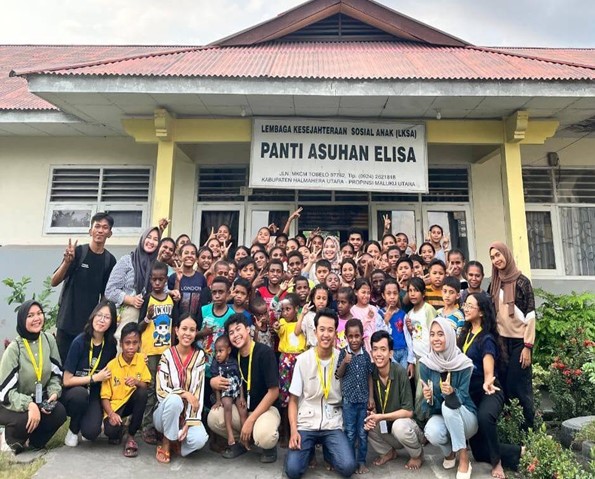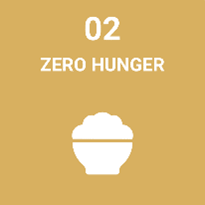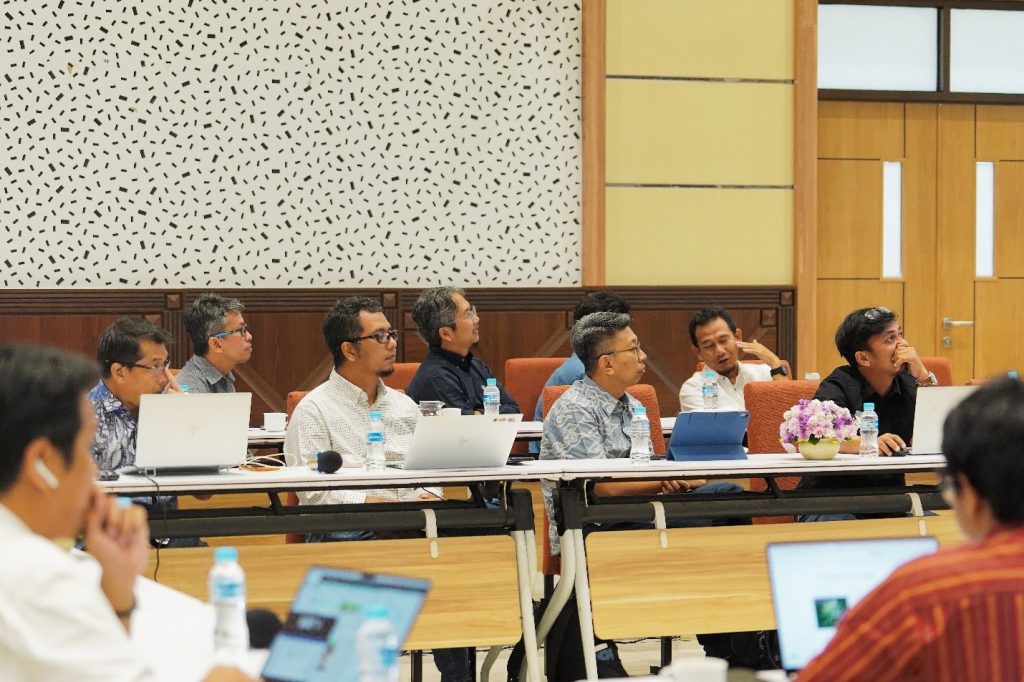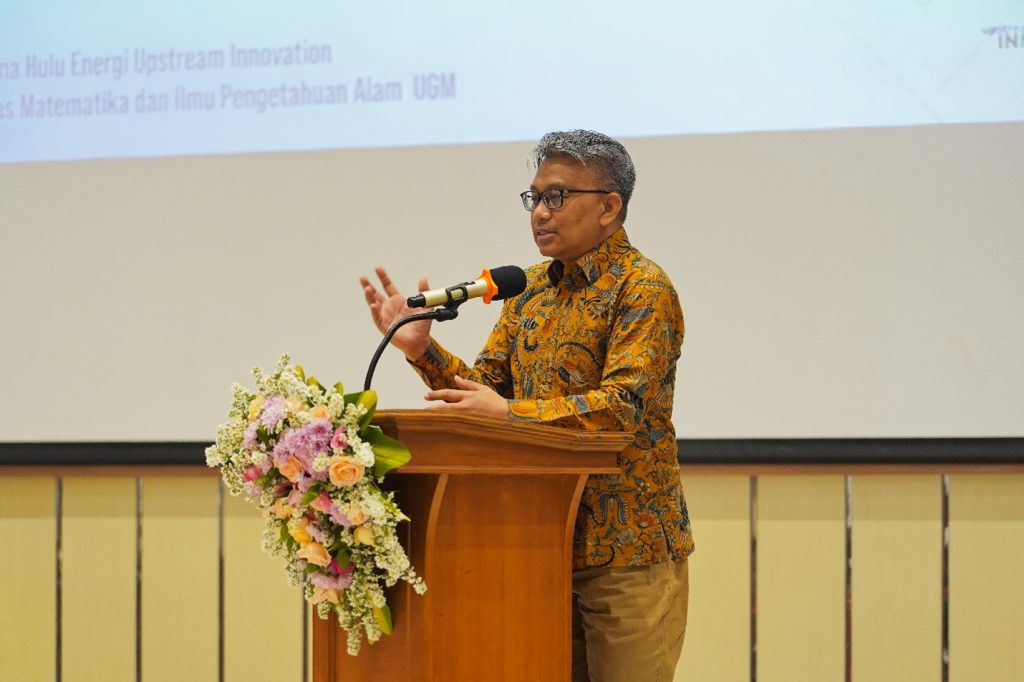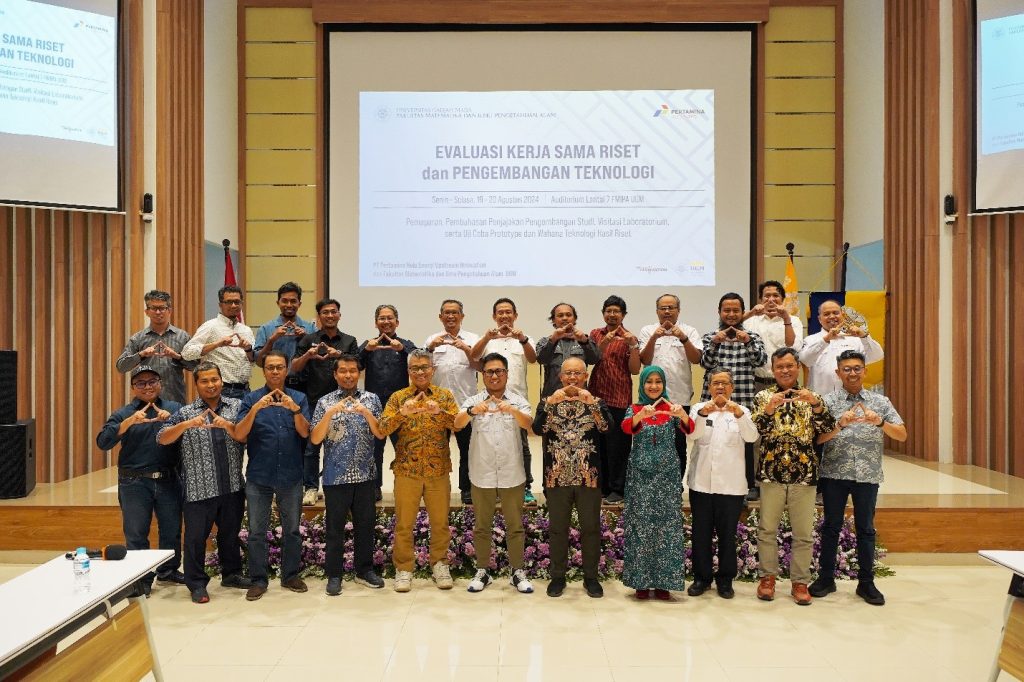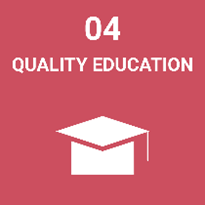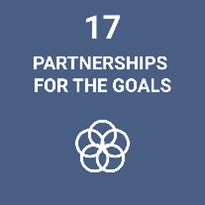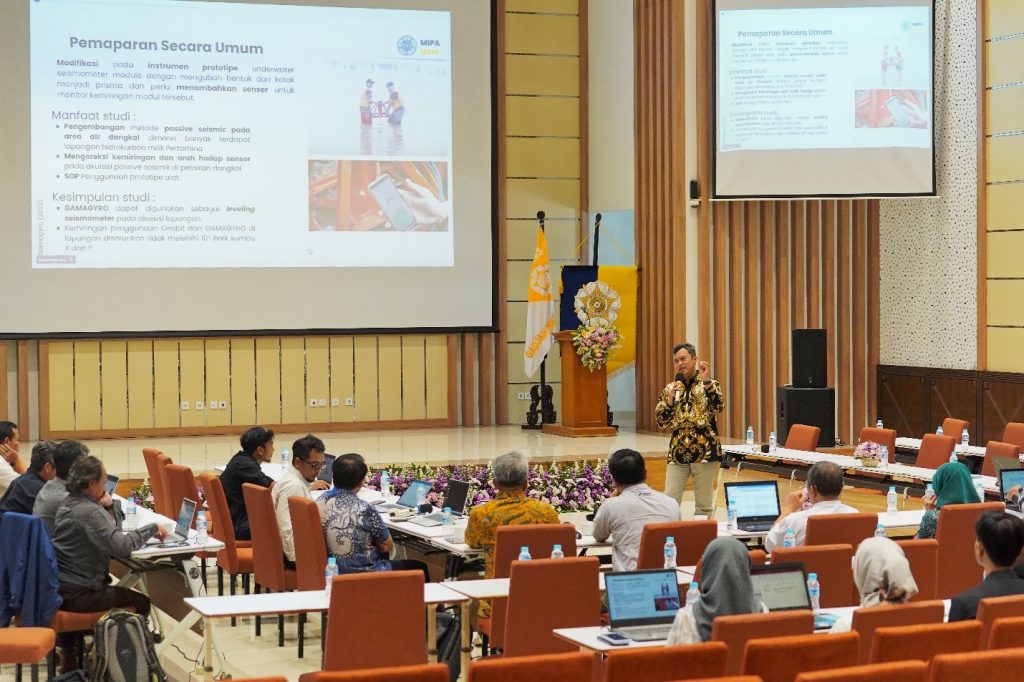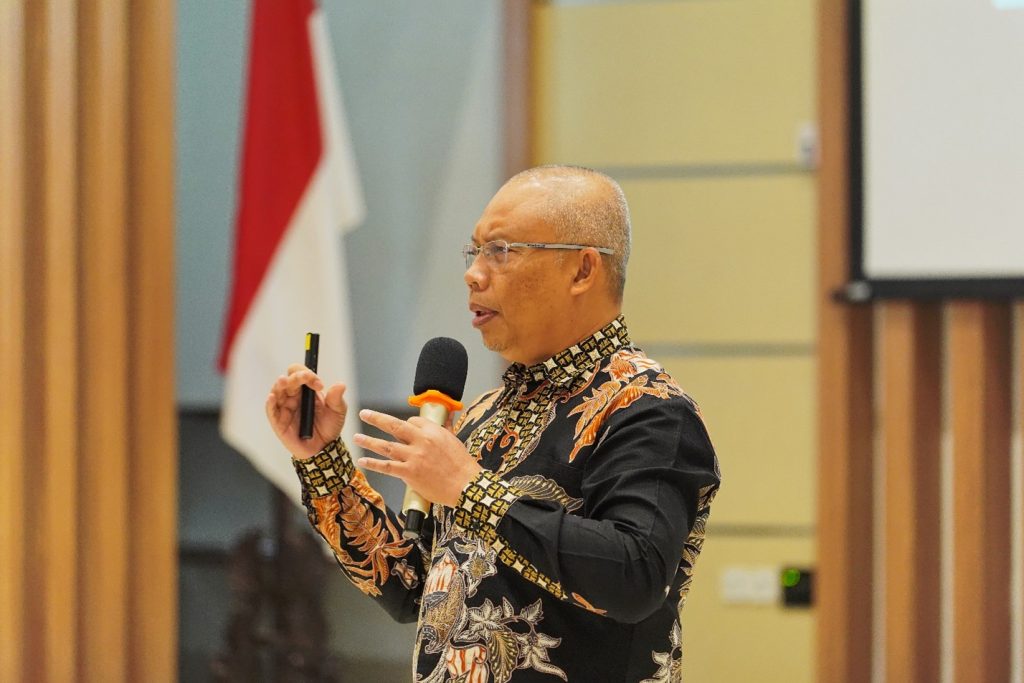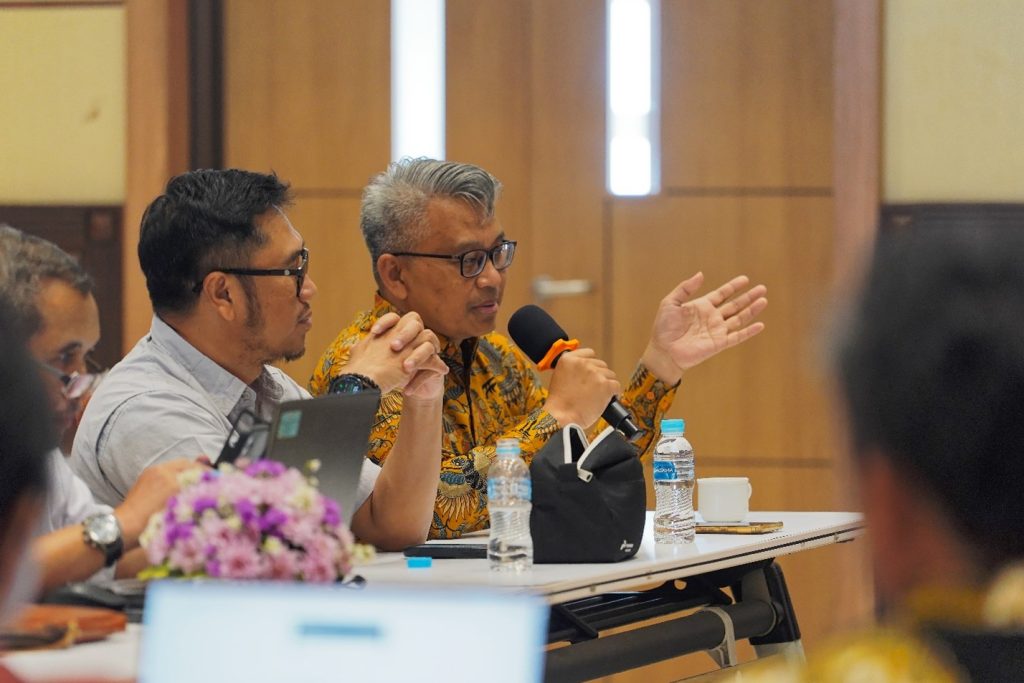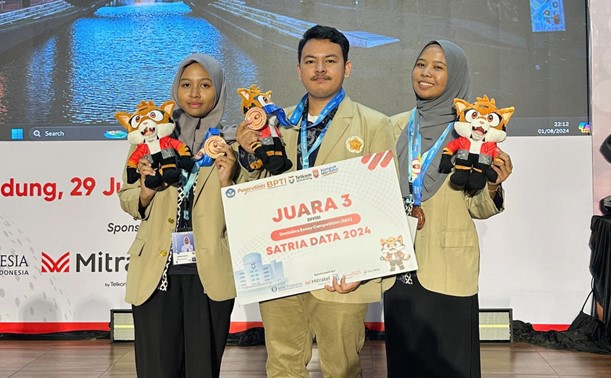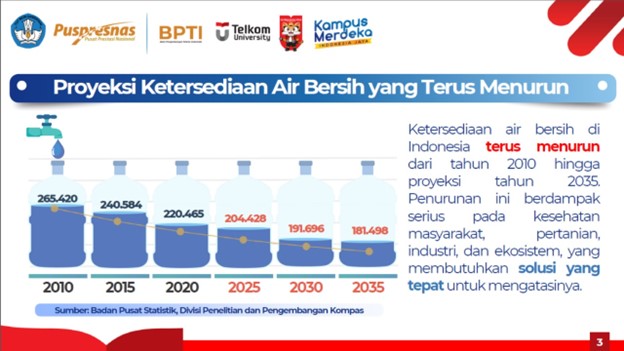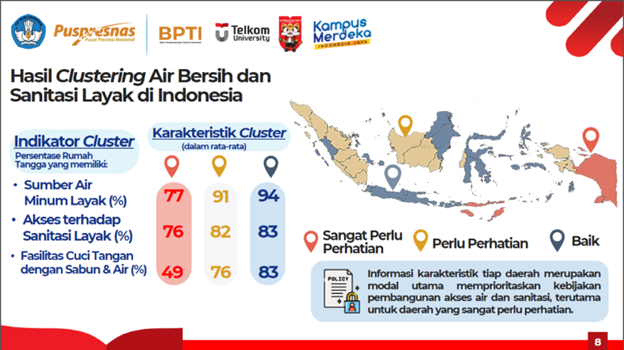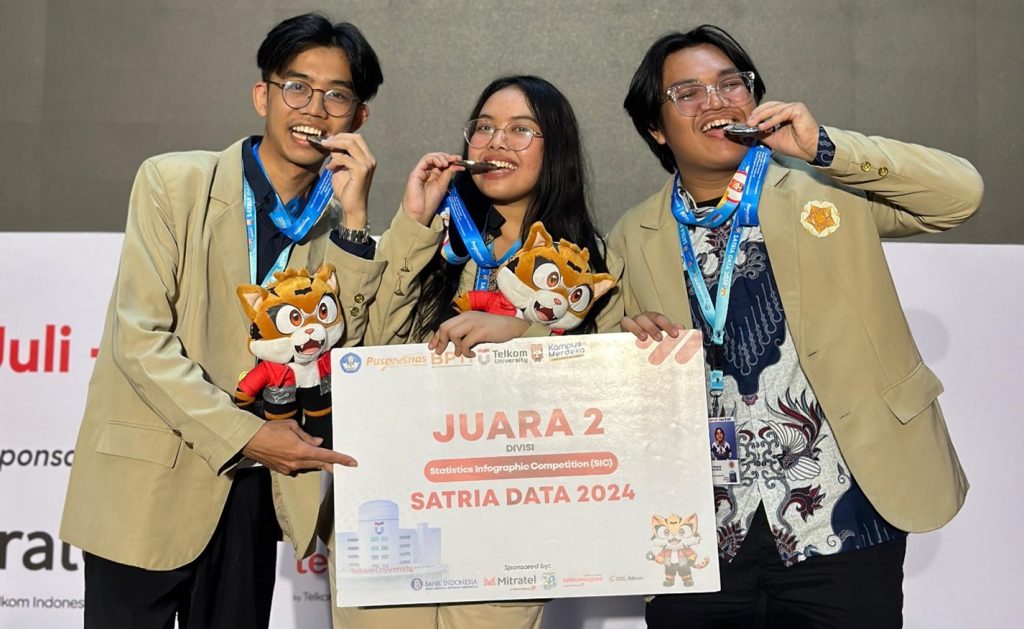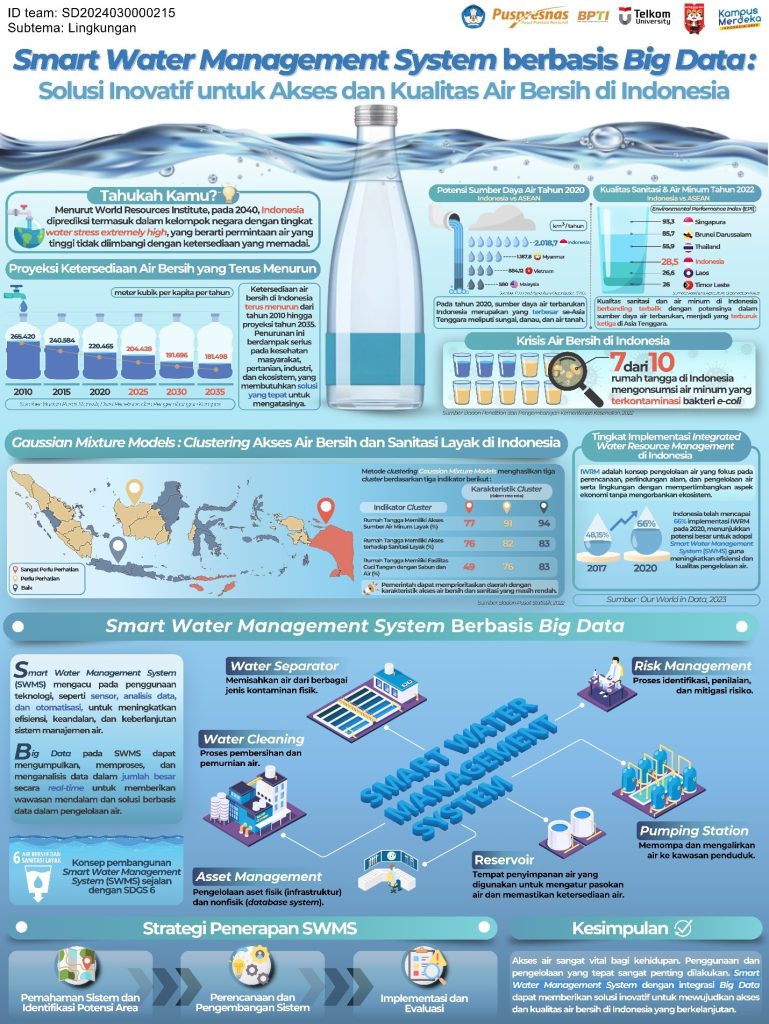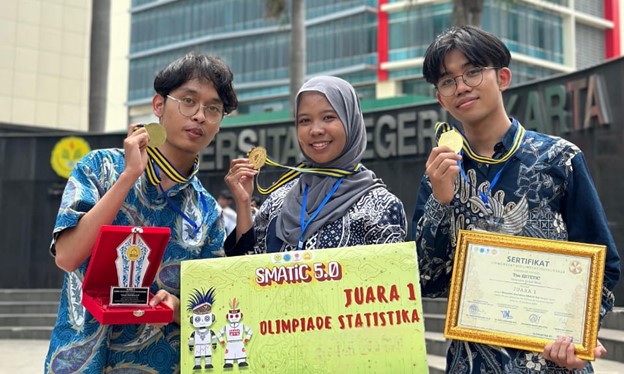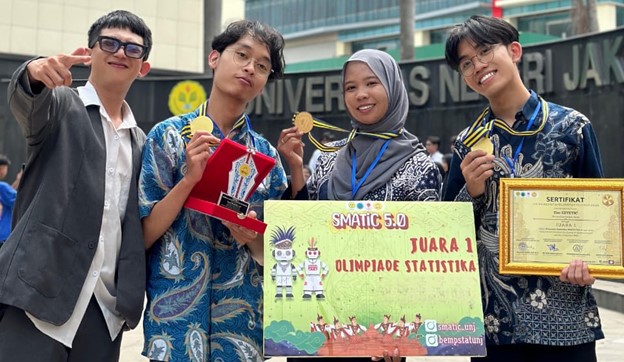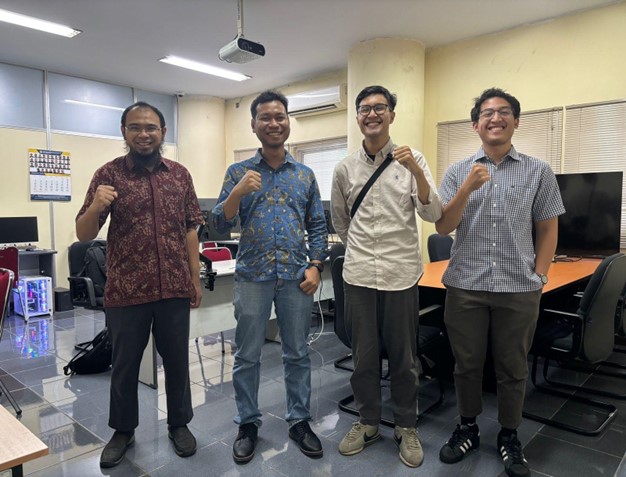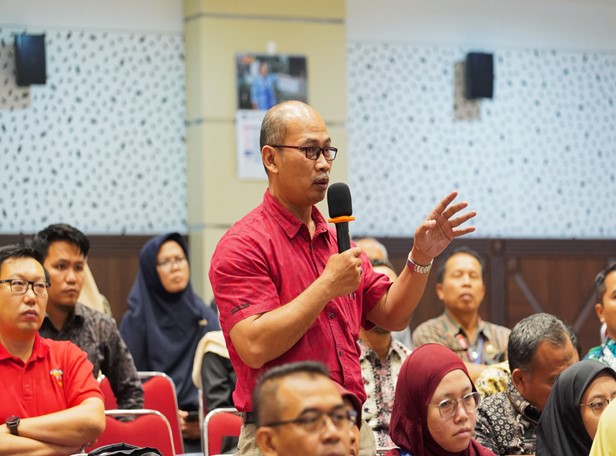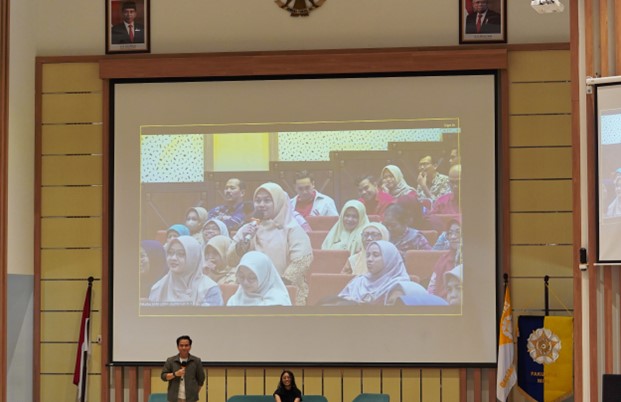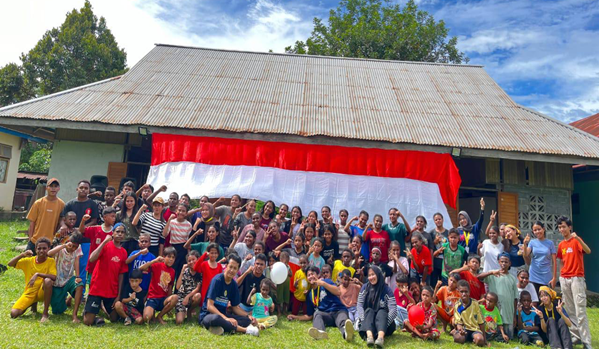
Mahasiswa KKN UGM Ciptakan Aplikasi Bentor Online Untuk Mobilitas Masyarakat Desa Halmahera Utara
Universitas Gadjah Mada menerjunkan mahasiswanya dalam kegiatan Kerja Kuliah Nyata (KKN). Pengabdian masyarakat ini salah satunya dilakukan oleh Tim Kelana Hara di Tobelo, Halmahera Utara, Maluku Utara dengan membawa semangat baru dengan tema Optimalisasi Agroindustri Potensial dan Pariwisata Berkelanjutan Guna Mendukung Kosmopolis Rempah. Pengabdian ini berfokus pada desa seperti Gosoma, Gura, Rawajaya, dan Wosia dengan bertujuan untuk memperkuat sektor pertanian dan pariwisata di daerah yang kaya akan sejarah perdagangan rempah.
“Pemilihan tema ini tidak lepas dari warisan sejarah Halmahera Utara sebagai salah satu jalur pelayaran rempah dunia, terutama cengkeh dan pala. Sementara itu pertanian di wilayah ini masih sangat bergantung pada pasokan dari luar daerah, bahkan hingga Surabaya. Sehingga melalui program kami, harapannya sektor pertanian dapat berkembang lebih mandiri,” papar Achmad Hadzami perwakilan Tim Kelana Hara mahasiswa Ilmu Komputer dalam wawancara online, Senin (5/8).
Pendekatan yang Tim KKN-PPM Kelana Hara lakukan bersifat top-down, dimulai dari komunikasi dengan para pemangku kepentingan. Sementara itu tim dan Kemendikbud Ristek melalui program jalur rempah, telah menjalin komunikasi aktif. Bekerja sama dengan Kosmopolis Rempah UGM untuk menyusun master plan keberlanjutan rempah di Halmahera Utara.
Program-program yang telah berhasil diselesaikan meliputi inisiatif kosmopolis rempah, pengembangan UMKM, mitigasi bencana, dan peningkatan kesehatan masyarakat. Beberapa inisiatif yang dilakukan berupa sosialisasi bahaya serangan siber, pengajaran komputer dasar dan matematika dengan metode gasing, serta pelatihan pembuatan website UMKM menggunakan Google Sites.
“Program yang sedang dalam tahap pengembangan adalah proyek becak motor online (bentor) yang terdiri dari aplikasi untuk driver, rider, dan pengelola bentor. Fun Fact bentor menjadi kendaraan umum yang paling banyak digunakan di Tobelo, sehingga proyek ini memudahkan mobilitas masyarakat,” papar Achmad Hadzami.
Menurut Hadzami tantangan dalam program ini terutama dengan pengembangan UMKM, mayoritas peserta adalah ibu-ibu yang membutuhkan penjelasan yang santai dan praktik langsung. Mengumpulkan masyarakat, terutama di Desa Gura, perlu melibatkan pemuda gereja untuk memastikan keberhasilan program. Implementasi program KKN ini turut menerapkan SDGS poin 2 Produktivitas pertanian dalam program sektor pertanian, SDGs poin 9 inovasi dengan menciptakan proyek becak motor online untuk keberlangsungan sarana transportasi di Desa Halmahera Utara.
Penulis: Ratih Cintia Sari
Dokumentasi: Tim KKN-PPM Kelana Hara
Editor: Febriska Noor Fitriana
